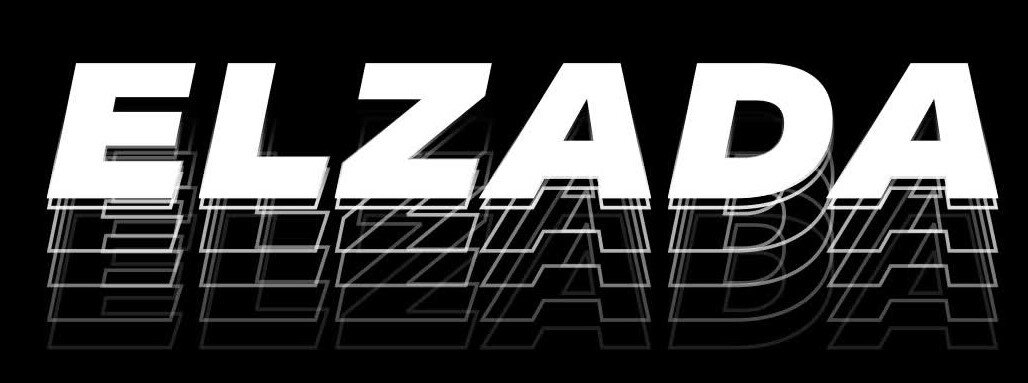The Urban Debate on "Urban" Music
The use of the word “Urban” to describe music of Black origin has existed for decades and has always had mixed opinions. Amid the current discussions on race relations that is happening across the world (atleast in the West), debates about its systemic role within the music industry have resurfaced. Blackout Tuesday further saw various organisations within the music industry announcing their pledge to tackle the internal and wider systemic issues of their operations.
Republic Records’ sudden announcement of axing the term “Urban” within its operation as since become a key talking point in the industry. Last week saw Warner Records host a great discussion with some of the US’ key Black music industry figures, coming together and expressing their thoughts on the use of the term “Urban”, especially amongst the current state of music. Here are a few key points from both sides which resonated with me in particular:
Rayna Bass, 300 Entertainment Bass - “Urban’ has been used to keep black executives at a certain level [so] we’re not able to participate at the highest levels.” …“I feel like ‘urban’ is the politically correct way to say black. And, doing research, it seems it was formed as a way to make black music and black culture more palatable to white people… “
Marsha St. Hubert, Co-Head of Marketing at Atlantic Records - “Part of this conversation is the subtle whitewashing of the culture that’s continuing to happen now because [black music] is so successful.” “ being the originators of the craft, and the proponents, for the most part, of the culture of hip-hop, we need a bigger stake”.
Azim Rashid, SVP Head of Urban Promotion at Colombia Records. - “Artists identifying as ‘urban’ – just like artists in other genres – can be elevated to ‘pop’ status when they break into the mainstream. But when their popularity inevitably descends again, knowing where they came from, genre-wise, can be a blessing.”.
Chris Atlas, SVP Head of Urban Marketing, Warner Records - “it didn’t address the systemic issues”. “Removing a word doesn’t change the systemic problems in terms of: are we really creating opportunities? And if removing a word could actually limit opportunities because that specialization, you’re taking [that opportunity] away or diminishing it. That’s part of what we need to talk about as well.”
“To me it’s not about the word. It’s about the treatment [of] black executives. To me, it’s n***er, negro, black, African-American… if you’re still going to treat us like n***ers then that’s just what it is. I think the treatment’s got to change. Systemically, there’s issues that need to be fixed. There’s a lot of education that needs to happen.” - J.Erving, founder of Human Re Sources
Historically and still in this present time, Black people in particular have felt most marginalised in this industry. - and they have every right to to be honest. The very foundation of the commercial record industry is literally linked to the exploitation of Black songwriters, who would give their music to White artists to record over because it would more commercially viable. Hip-Hop/Trap music is still seeing similar systemic issues, however moreso within the decision-making at board level. This form of Black-created music has become the biggest selling music yet it is still White-run music execs that are making its decisions, with these decisions not necessarily in the interest of the Black community.
Me, personally, I feel that the term “Urban” music diminishes the efforts of Black people’s contribution in the ecosystem that it operates in, from creators to CEOs to everything in between. Yet at the same time, we do need a way to categorise expertise and specialism of the music and culture, just like how we do with Dance, Rock, Jazz, Classical etc. Should we just be straight up and group it all as Black music? But then are we just creating further systemic restrictions for Black people to say that “one is only able to operate in this field of music”? . However, it is also important to remember that no one uses the term Urban, only the “industry”. The regular smegular person you’d speak to would just say, “I listen to rap music”, or “RnB”, or “Bashment”. Is it time that the industry stops lumping together all contemporary-Black music, and appreciate the deeper categorisations that are used in the real world?
Check out the full debate below, as well the full article from MBW.

